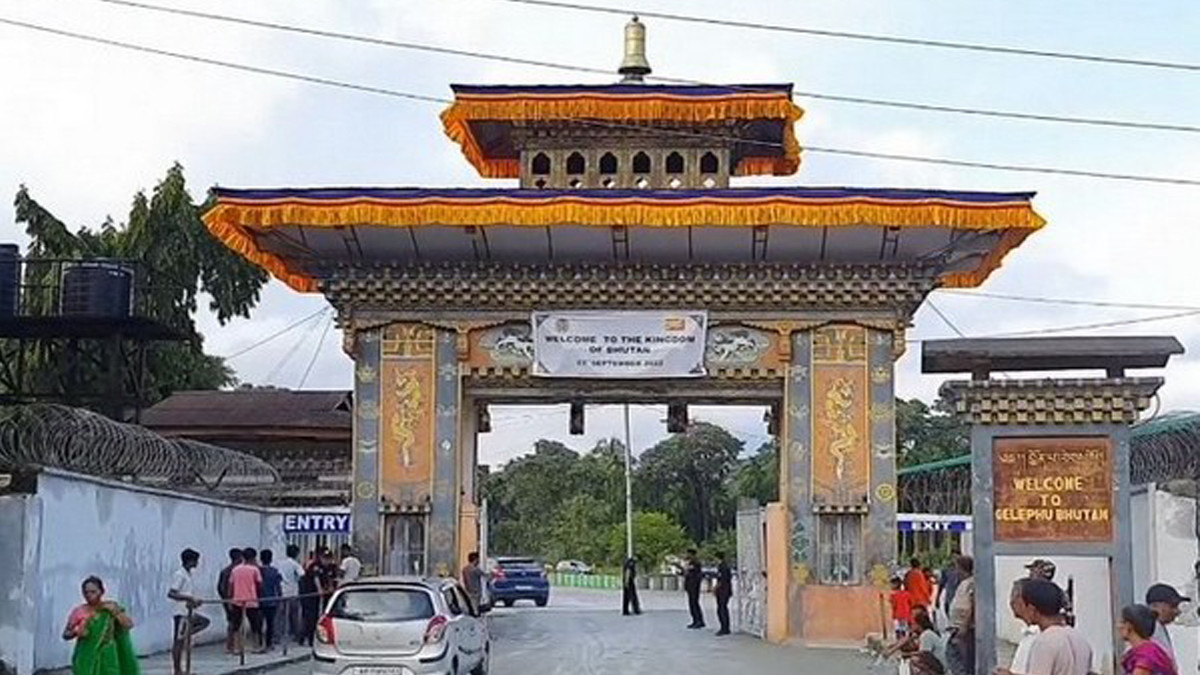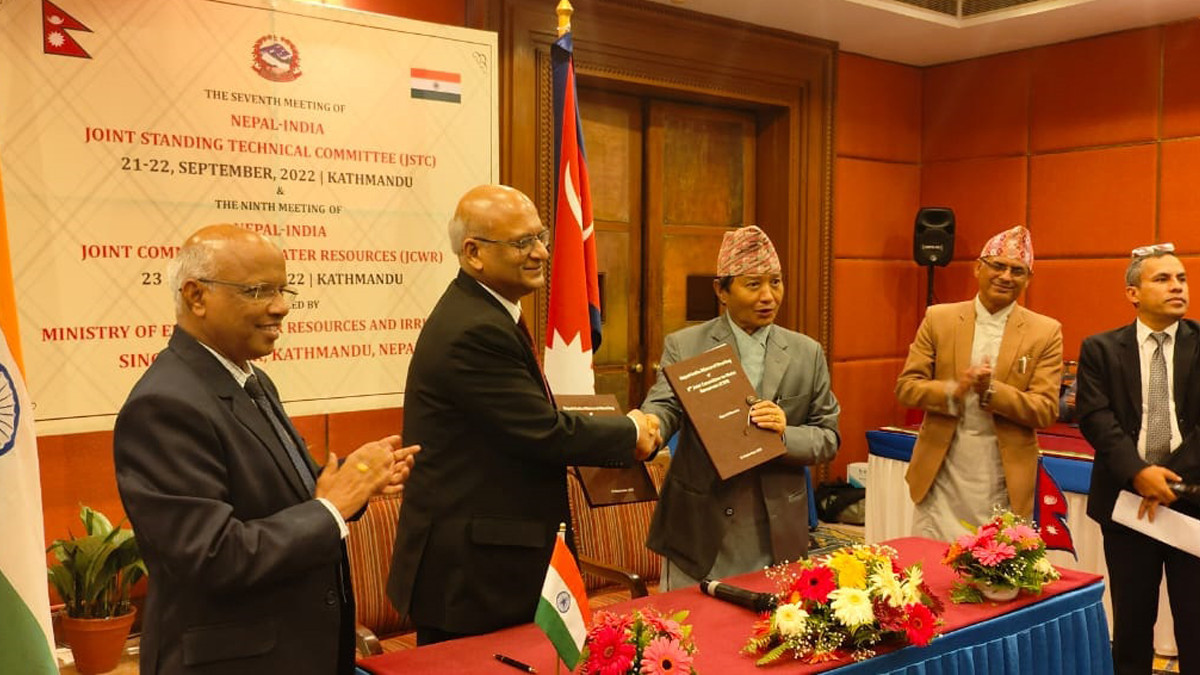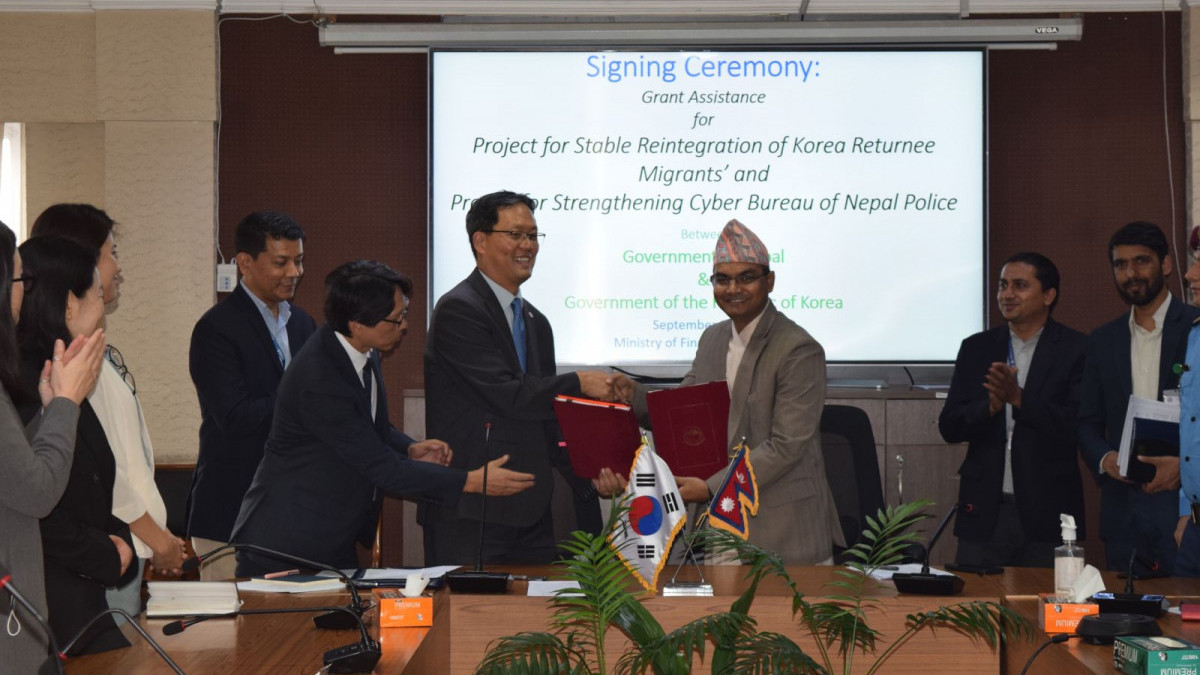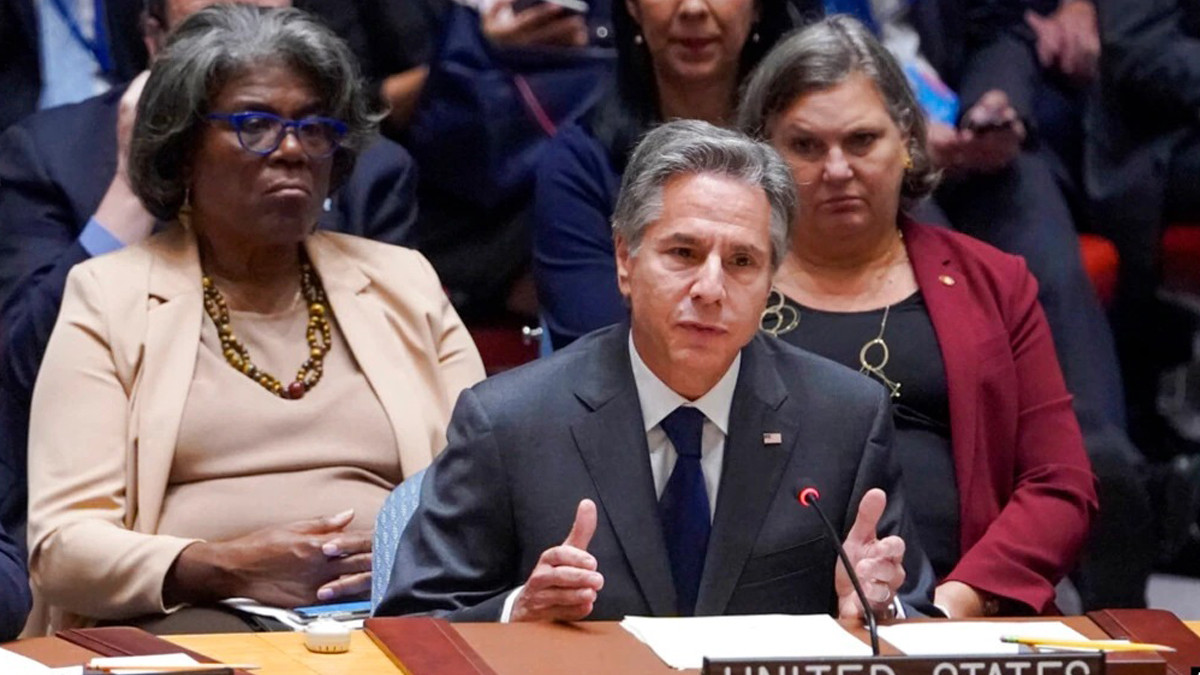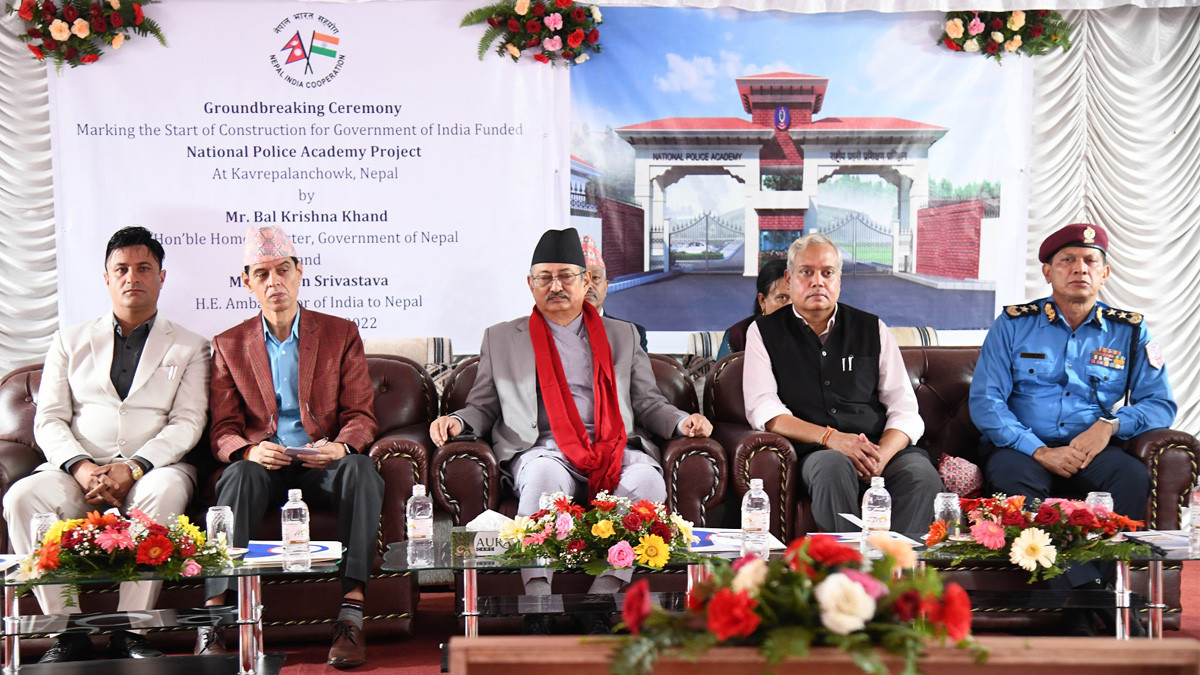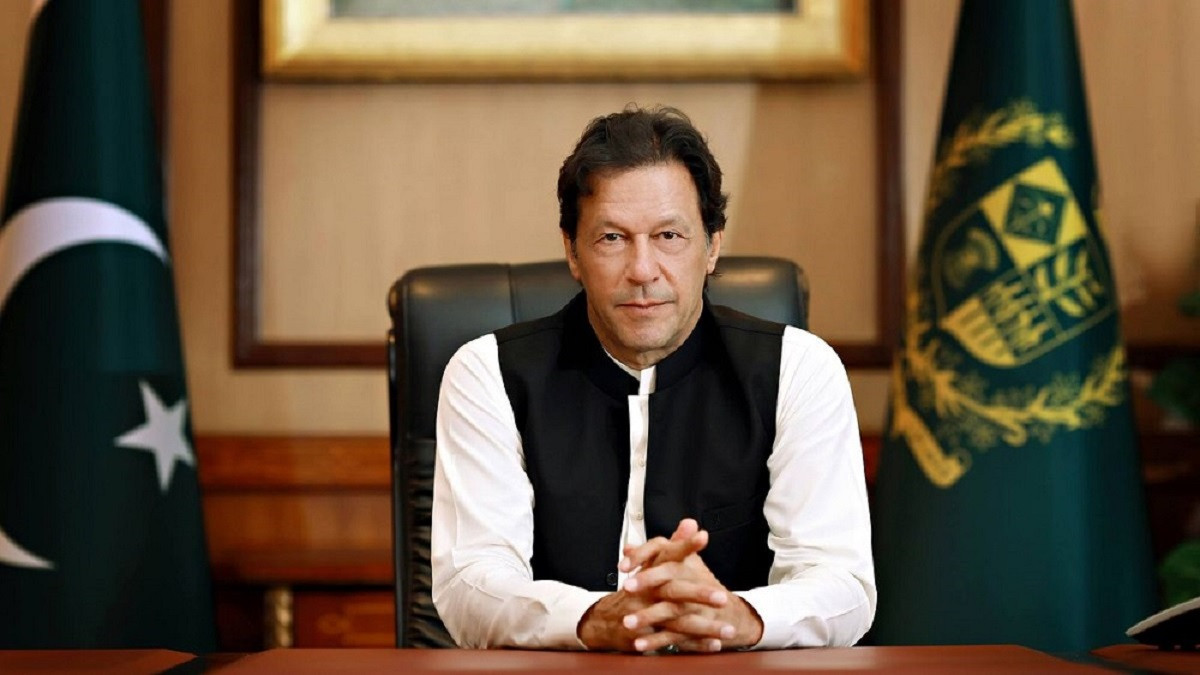
Pakistan's Prime Minister Imran Khan has resigned. He resigned shortly after the Pakistani parliament passed a no-confidence motion on Saturday night. He is the first prime minister to resign from a no-confidence motion for the first time in parliamentary history.
The no-confidence motion, filed by the opposition, was put to a vote at midnight on Saturday. The no-confidence motion received 174 votes. 172 votes were required to pass the resolution.
Ayaz Sadiq took over the chairmanship of parliament after the resignation of Pakistani Speaker Asad Qaiser. Pakistan's Supreme Court has ordered a split vote on a no-confidence motion by midnight.
Qaiser, the speaker of Khan's party, resigned 15 minutes before midnight. Earlier, the deputy speaker had also resigned.
MP Sadiq had run the parliament. A total of 174 votes were cast in favor of the no-confidence motion. Other lawmakers abstained. As soon as the resolution was passed, Khan was removed from the post of Prime Minister.
Pakistan has twice before tabled a no-confidence motion. The no-confidence motion against Saukat Aziz in 2006 and Benazir Bhutto in 1989 failed to pass.
With the departure of Prime Minister Khan, the process of selecting a new Prime Minister will begin in Pakistan today. Chairman of the panel Sadiq, who is leading the parliament, has given time to register the nomination for the post of Prime Minister at 2 pm today.
After that, the parliament will meet on Monday at 11 am. There will be a vote for the Prime Minister.
Opposition parties have stated that they will not run in the by-elections. Speaking in Parliament last night, he thanked all the opposition. He said that no political retaliation will be taken against any person.
In the last election four years ago, Prime Minister Khan's party, the Pakistan Tehreek-e-Insaf (PTI), won 133 seats.
At present, there are 133 MPs in his favor, including four minor ones. Nine parties are in opposition, including the Pakistan Muslim League-Nawaz (PML-N) and the Pakistan People's Party (PPP).
Pakistan's parliament has 342 members. 172 MPs are needed to form the government.


